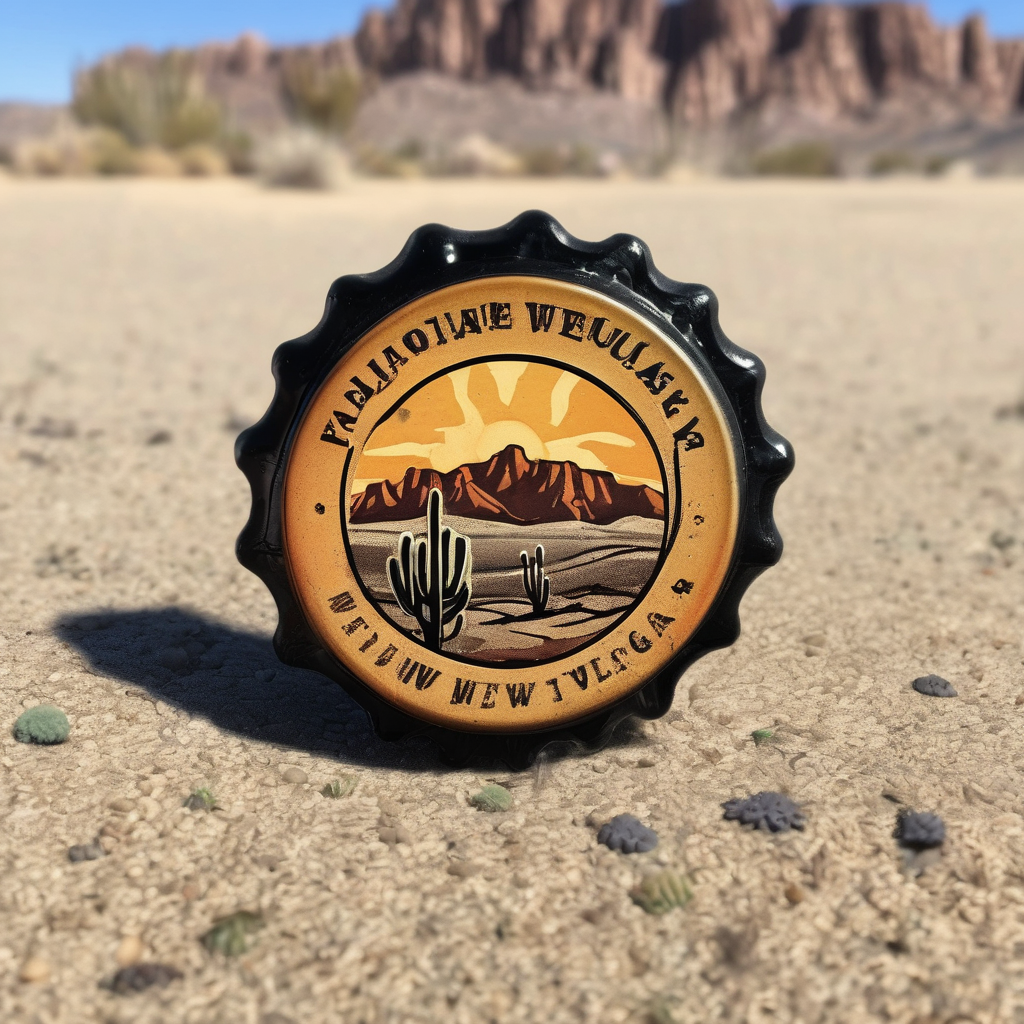Fallout: New Vegas recently commemorated its 15-year anniversary on October 19, 2025, reminding fans of the unique flexibility and humor that solidified its position as one of the finest entries in the Fallout franchise and an enduring classic in RPG history.
Upon its release in 2010, Fallout: New Vegas emerged against a backdrop of confusion. Following the successful revival of the Fallout series with Fallout 3 in 2008, Bethesda had reignited interest in a franchise that had previously faded from public view. After releasing a series of downloadable content, Bethesda Game Studios shifted their focus to their next Elder Scrolls project, leaving the post-apocalyptic realm open for exploration once again.
Obsidian Entertainment, a studio founded by veterans from Black Isle Entertainment, was recruited to create this new adventure in the post-nuclear wasteland, distinct from Bethesda’s take in Fallout 3. The result was a game that employed the same engine but embraced the quirky charm and in-depth role-playing aspects reminiscent of the original Fallout titles. This blend of the old and the new allowed Fallout: New Vegas to stand apart as a rich and immersive RPG experience.
The narrative follows The Courier, a delivery person navigating the Mojave wasteland where they are attacked by Benny, voiced by the late Matthew Perry, and left for dead. Rescued by locals, The Courier embarks on a quest to uncover the truth behind the Platinum Chip they were tasked to deliver.
Unlike the freeform exploration encouraged in Fallout 3, New Vegas offers a more curated experience, guiding players along a structured story path filled with impactful decisions that extend beyond personal consequences. The game’s unforgiving combat system keeps players on their toes, while also rewarding those who master the dialogue mechanics, enabling them to talk their way out of danger.
Fallout: New Vegas boldly positions The Courier as a mere participant amid various factions vying for power within the Mojave. Factions such as the New California Republic, Caesar’s Legion, and Mr. House create a tapestry of competing ideologies, each with their unique visuals and philosophies. This complexity allows players to influence the trajectory of the world, creating a rich narrative landscape where choices carry weight. The nuanced faction dynamics have remained unmatched in subsequent titles, with Fallout 4’s attempts failing to recreate the intricate balance found in New Vegas.
Nevertheless, the game is not solely serious; it incorporates a healthy dose of quirky humor, akin to earlier Fallout entries. Features like the “Wild Wasteland” perk introduce whimsical events that pay homage to pop culture, enhancing the player experience with lighthearted moments amidst the desolate backdrop.
Fifteen years later, Fallout: New Vegas stands as a singular entry in the series, combining the innovation of Bethesda with the deep-rooted role-playing philosophy of the franchise’s predecessors. It allows players to influence the game’s world through nuanced choices, contributing to its lasting legacy. Its influence extends beyond gaming itself, inspiring subsequent titles like Obsidian’s The Outer Worlds and prompting adaptations, including an Amazon Prime series that will center on the New Vegas setting and feature Mr. House.
Fallout: New Vegas continues to captivate players and shape the RPG landscape, earning its place as a timeless classic in gaming history.
